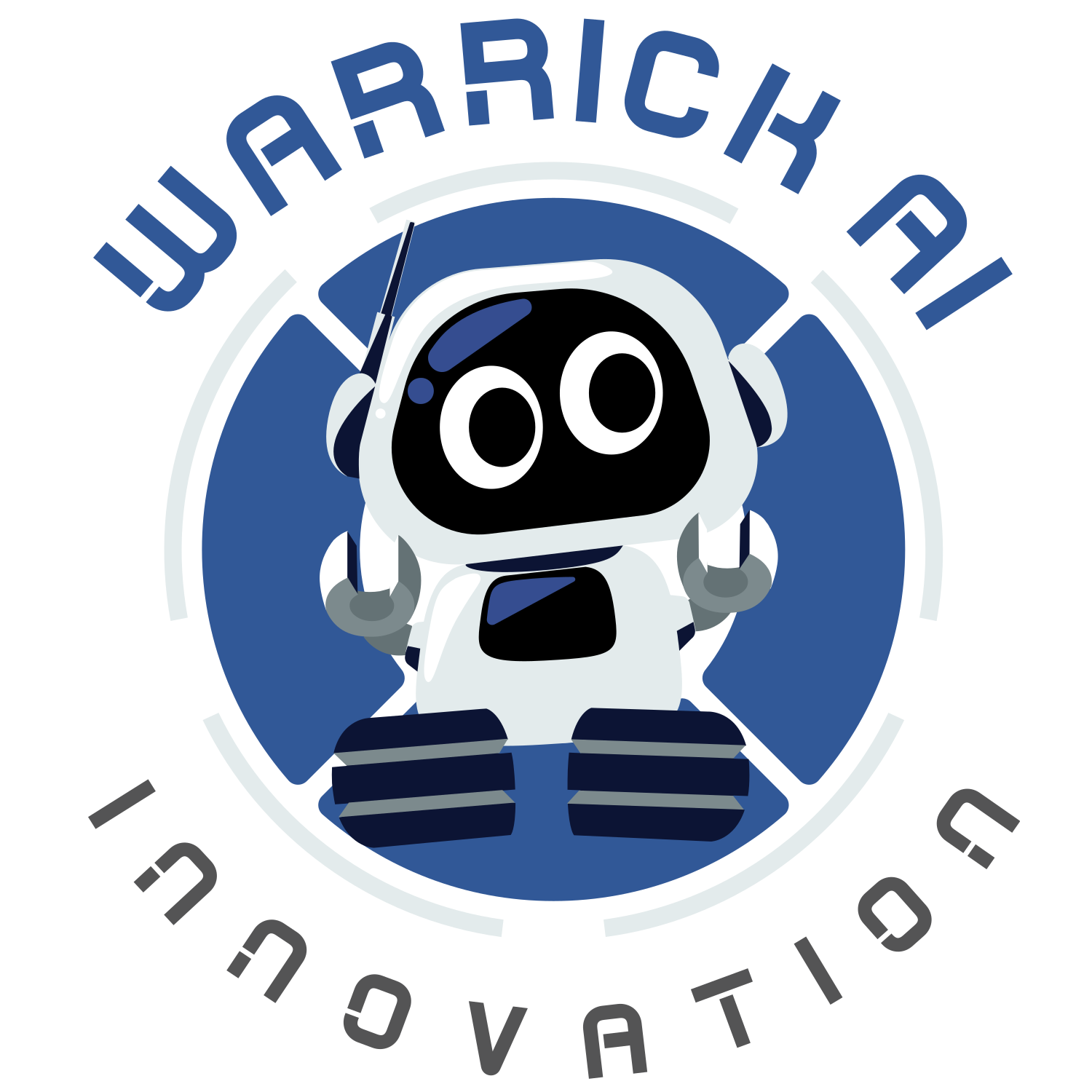The integration of artificial intelligence into healthcare represents one of the most significant technological advances in modern medicine. As healthcare systems worldwide grapple with increasing patient volumes, complex diagnoses, and the need for more personalized care, AI emerges as a powerful ally that can enhance clinical decision-making, improve diagnostic accuracy, and unlock deeper insights from patient data.
Revolutionizing Medical Diagnosis
AI-powered diagnostic assistance is transforming how physicians identify and treat diseases. Machine learning algorithms can analyze medical images with remarkable precision, often detecting subtle patterns that might escape human observation. In radiology, AI systems now assist in identifying everything from early-stage cancers in mammograms to diabetic retinopathy in retinal photographs. These tools don’t replace radiologists but rather serve as a “second pair of eyes,” helping to reduce diagnostic errors and catch conditions in their earliest, most treatable stages.
The impact extends beyond imaging. Natural language processing algorithms can parse through electronic health records, extracting relevant information from clinical notes, lab results, and patient histories to suggest potential diagnoses or flag concerning patterns. This capability is particularly valuable in emergency departments where rapid triage and diagnosis can be life-saving.
Personalizing Care Through Patient Analytics
Patient analytics powered by AI offers unprecedented opportunities to personalize healthcare delivery. By analyzing vast datasets that include genetic information, lifestyle factors, medical history, and real-time health metrics, AI systems can identify patients at high risk for specific conditions before symptoms appear. This predictive capability enables proactive interventions that can prevent disease progression or complications.
For chronic disease management, AI analytics can track patient adherence to medications, identify early warning signs of deterioration, and suggest treatment adjustments. Diabetic patients, for instance, can benefit from AI systems that analyze continuous glucose monitoring data alongside activity levels and dietary information to optimize insulin dosing and lifestyle recommendations.
Addressing Implementation Challenges
Despite its promise, implementing AI in healthcare faces significant challenges. Data privacy and security concerns are paramount, as medical information requires the highest levels of protection. Healthcare organizations must navigate complex regulatory requirements while ensuring that AI systems meet rigorous safety and efficacy standards.
The quality and representativeness of training data also present ongoing challenges. AI systems trained on limited or biased datasets may not perform equally well across diverse patient populations, potentially exacerbating health disparities. Ensuring that AI tools are validated across different demographic groups and clinical settings is essential for equitable healthcare delivery.
The Human-AI Partnership
Perhaps most importantly, successful AI implementation in healthcare requires recognizing that these tools are meant to augment, not replace, human clinical expertise. The most effective AI systems are designed to work alongside healthcare providers, offering insights and recommendations while leaving final decisions in the hands of trained clinicians who can consider the full context of each patient’s situation.
This partnership model helps address concerns about AI reliability and maintains the essential human elements of healthcare, including empathy, communication, and complex ethical decision-making that remain uniquely human capabilities.
Looking Ahead
As AI technology continues to advance, we can expect even more sophisticated applications in healthcare. From drug discovery and development to surgical robotics and mental health support, AI’s potential to improve patient outcomes while reducing healthcare costs is substantial.
The key to realizing this potential lies in thoughtful implementation that prioritizes patient safety, equity, and the preservation of the human connection that remains central to healing. By embracing AI as a powerful tool while maintaining focus on compassionate, patient-centered care, healthcare can harness technology to create a future where medical treatment is more precise, accessible, and effective for all patients.
The transformation is already underway, and as healthcare providers, technologists, and policymakers work together to address challenges and maximize benefits, AI promises to usher in a new era of medical care that is both more scientific and more humane.
- AI Transforms Financial Services: The New Frontier in Fraud Detection and Risk Modeling
- Revolutionizing Manufacturing: How AI is Transforming Predictive Maintenance and Quality Control
- Revolutionizing Retail: How AI is Transforming Demand Forecasting and Personalization
- Transforming Healthcare Through AI: The Promise of Diagnostic Assistance and Patient Analytics
- Transforming Supply Chains with AI: From Reactive to Predictive Operations
